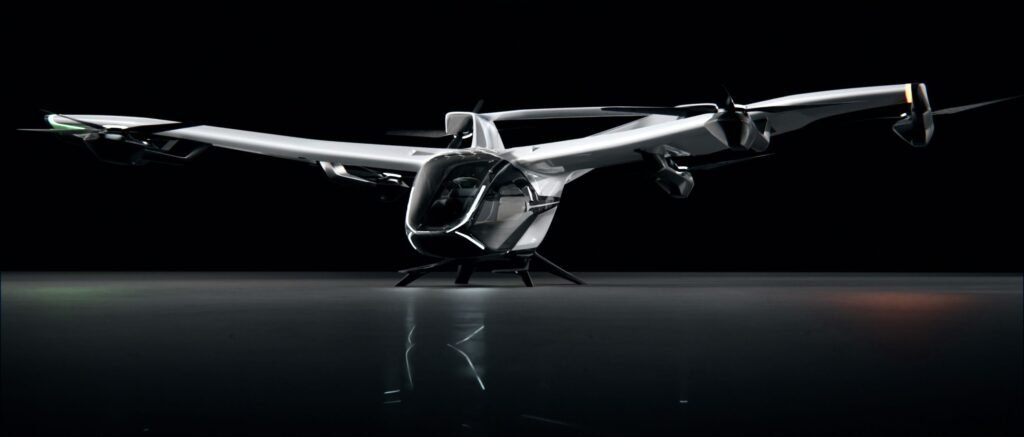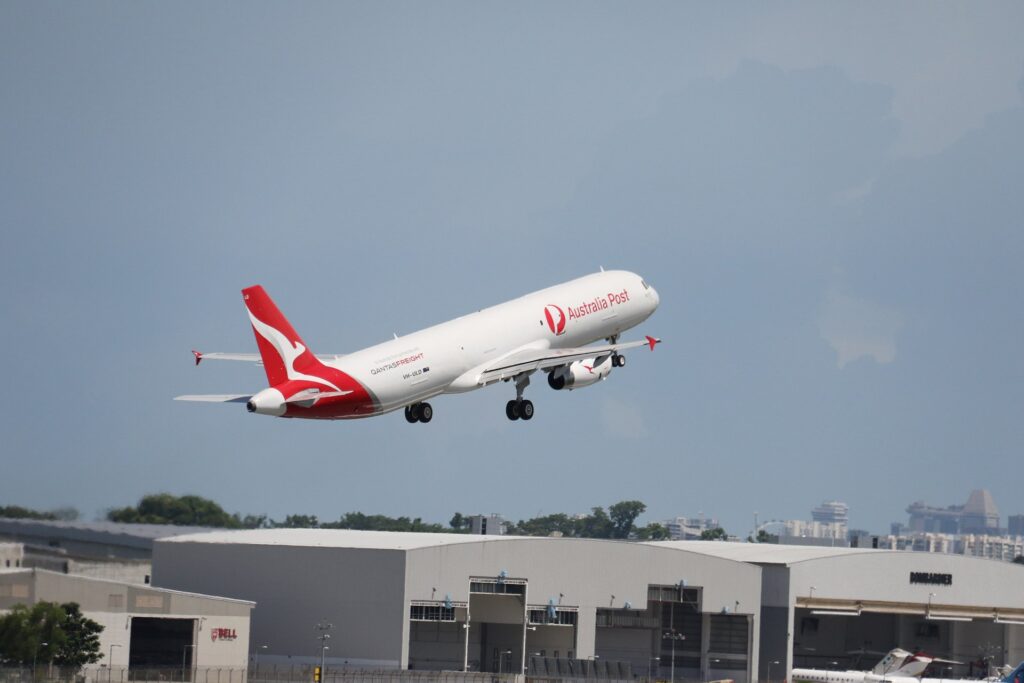Aerospace Aerospace news Air Cargo News Air Show Airbus news Aviation news Avionics Business News Cargo News Communications News Consumer News Drone News e-commerce Economic News Economy News Electric Vehicle News Environmental News European News Finance News Global Politics green Helicopter News International News Joint Venture News Manufacturing & Assembly News News Private Aircraft News stock stock news transport Transportation Transportation News travel Travel news Urban Air Mobility UAM Zero Emission News
Airbus Reveals the Next Generation of CityAirbus
Toulouse, France 21 September 2021 – Airbus (OTC: EADSY) has announced plans for a new CityAirbus at the Company’s first #AirbusSummit on “Pioneering Sustainable Aerospace” as the emerging Urban Air Mobility (UAM) market begins firming up. Ushering…

